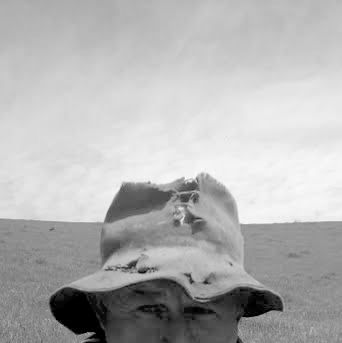Research reaching out to irritated irrigators
 Experts want irrigators and other water-users to speak out about their stresses and pressures.
Experts want irrigators and other water-users to speak out about their stresses and pressures.
One of Australia’s biggest and most significant agricultural areas – the Murray-Darling Basin – will be the target of a new survey.
It is part of a broader project to gather knowledge about farm exit, stress, and mental health issues, including suicide, in country regions.
The project is being coordinated at the University of Adelaide.
Specific areas being targeted by the survey include: the Murray regions, Goulburn in Victoria, the Riverina and Murrumbidgee region in New South Wales, and South Australia’s Riverland.
“Farmers and irrigators in the Murray-Darling Basin have faced enormous change over the past 20 years,” says research leader Associate Professor Sarah Wheeler, an Australian Research Council (ARC) Future Fellow in Global Food Studies at the University of Adelaide.
“Drought and policy reform – such as severe cuts to water allocations and a change from consumptive to environmental water use – have inflicted major economic, social and personal stress on rural communities. They have also experienced falling commodity prices, increasing input costs, continuing population decline, and decreasing rural services such as education and health.”
Associate Professor Wheeler says increased drought and water scarcity in the years to come could exacerbate the issues faced by irrigators.
“It’s important for us to fully understand the extent of the pressures on irrigators, so that their mental health, as well as their economic and social wellbeing, can be considered in any analysis of water and farm behaviour,” she says.
“There is a great need to understand how we can design policies to reduce the stresses associated with farming, and we hope to inform such policies.”
Until the end of November, telephone surveys will be conducted with 1000 irrigators across the southern Murray-Darling Basin in South Australia, Victoria and New South Wales.
Anyone wishing to get involved can contact Associate Professor Wheeler here.








 Print
Print